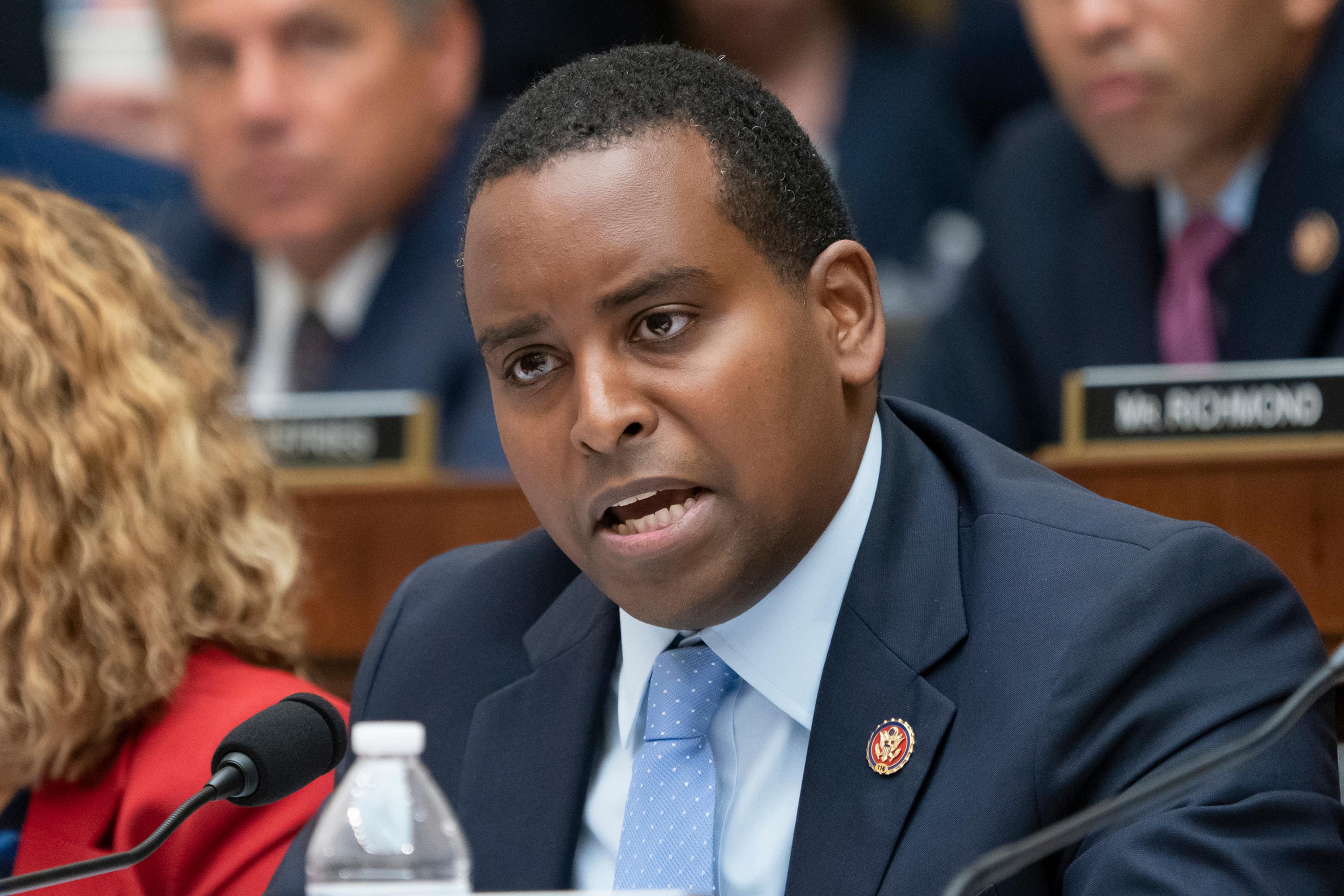
Updated 2:16 p.m.
For the first time in over a decade, a large scale Colorado public lands bill was approved by the U.S. House of Representatives.
The Colorado Outdoor Recreation Economy Act passed largely along party lines 227-182. All Colorado House Republicans voted against the measure, all the state’s Democrats voted for it.
Democratic Rep. Joe Neguse spearheaded the House effort, which combined four different public lands measures that had made little headway in Congress over the last decade. As he put it, this measure wasn’t crafted by Congress, it was crafted by Coloradans.
“Folks have been waiting for a long time for the Congress to step up and protect these iconic lands and public places,” Neguse said.
The measure would protect 400,000 acres of public lands, including 73,000 acres of new wilderness areas, such as the White River National Forest. It would also preserve Camp Hale, the storied training home of the 10th Mountain Division in World War II.
The Thompson Divide Coalition, a grassroots organization that worked with locals, leaders, businesses, ranchers and outdoor enthusiasts around the Carbondale area to build consensus on protections for the Thompson Divide area, praised passage of the bill. Another group, the Wilderness Workshop said the House “affirmed” what folks in western Colorado know, that CORE is the right thing to do.
“Now that the House has acted and listened to the voices of locals, I hope our delegation can work together, just as our communities have, to ensure that Thompson Divide and Continental Divide are permanently protected,” said Will Roush, executive director of Wilderness Workshop.
The victory may be short-lived.
Democrat Sen. Michael Bennet is leading the effort in the Republican-controlled Senate. An attempt to get CORE added as an amendment to a must-pass spending bill failed. He has written to Sen. Lisa Murkowski and Sen. Joe Manchin of the Committee on Energy and Natural Resources to ask for a hearing on CORE. But without the full-throated support of Colorado’s other senator, Republican Cory Gardner, the bill will likely not move forward.
President Donald Trump has also weighed against CORE. The White House said he will not support the bill if it makes it to his desk in its present form. What Neguse calls protections on 400,000 acres, the White House describes as “land restrictions.”
Republican Rep. Scott Tipton was a reluctant no vote. He said he’s hopeful that some of the changes he sought in CORE through amendments might be taken up when the bill moves to the Senate. He was grateful that two of his amendments were accepted in the debate held the day before the vote and said that shows “when we do have that communication, can have that progress.”
Tipton has been working on his own public lands bill, but he’s optimistic that parts of it may be incorporated into CORE.
Tipton said he heard from some of his constituents that they felt excluded from the discussions around CORE. But Neguse touted the strong local support for the measure that resulted from years of on the ground discussions with different stakeholders.
Republican Rep. Doug Lamborn, who like Neguse sits on the House Natural Resources Committee, said the bill “lacked the important local input required of this scale.” And he pointed out one important stakeholder that was left out of the process.
“Not only was Mr. Tipton not meaningfully consulted on this legislation, but he was not even made aware of it until the day it was publically announced,” Lamborn said. He argued that consensus and collaboration would have meant bringing Tipton into the process since much of the lands discussed are in his district.
Neguse, however, noted the four measures that make up CORE have been through “robust, community-driven, stakeholder process” for 10 years, long before he came to Congress.
At times during the debate, in which Democratic Reps. Diana DeGette and Jason Crow, Tipton, took part, the two sides seemed to be talking past one another as one side rattled off a list of counties that support for CORE and then the other a list of counties that felt they had not been consulted. A letter of support or CORE from the Colorado Army National Guard was met with a letter from the National Guard Bureau saying they did not support CORE. Or how this bill would or would not affect access for motorized recreation.
Lamborn called the House debate around CORE “an interesting exercise” but given the challenge of getting the Senate to vote on the bill and the White House’s threatened veto, “it’s not anything that’s going to result in a law.”
For Neguse, whether CORE becomes law is dependent on Coloradans. “This is bill isn’t about the president. It’s not about any of us in this chamber. It’s about them and the public lands they are so blessed to have in their communities,” he said.









